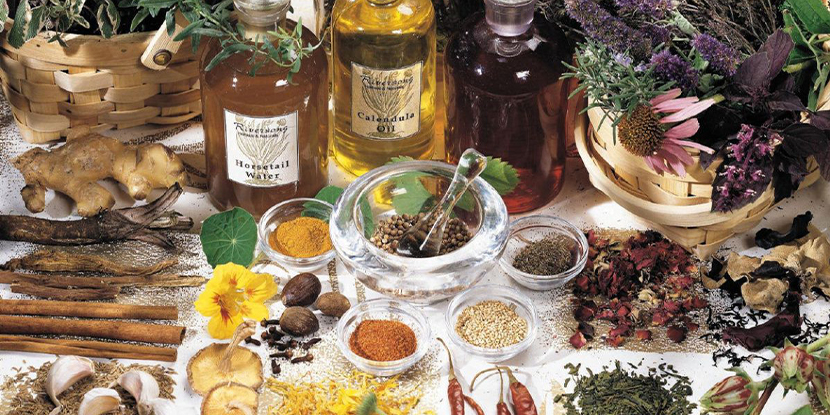Complementary and alternative medicine is treatments that are not considered standard medicine. These treatments include homeopathy, herbal medicine, spiritual treatment, hijama or cupping, acupuncture, tea treatment for weight loss, treatment by Hakeem and massage therapy.
Pakistan is one of the countries where the use of complementary and alternative medicine is common. 20 percent of the population in Pakistan use alternative medicines i.e. homeopathic medicines and almost 50 percent of the population have used these medicines once in a life.
The practice of complementary and alternative medicines has been around for centuries. This has been considered the only treatment of diseases from the middle ages. People preferred it for years but now more than half of the world’s population has moved on to rely on standard medicine.
A large number of population in Pakistan use alternative medicines. It includes not only the poor but people from all the classes. These medicines and remedies are transferred from one generation to another. Most of them are made up of easily accessible plant roots, herbs, and many other naturally occurring organic things. But the use is diminishing and their place is being taken by scientific medicine.
Before the commencement of the modern healthcare system, unconventional and alternative medicines were largely in use and they are still competing with the modern biomedicine that is based on scientific research. It has taken different forms in the different regions of Pakistan. Spiritual therapies, herbal medicines, physical exercise, homeopathic, manual technique and malingering are included in it. Sometimes, unqualified healers are also present who take advantage of the simplicity of patients and heavily cost them with wrong medicines.
Although modern medicine has made many marvelous advancements, traditional medicines like homeopathic medicine are still in use. In Pakistan, many people prefer to use homeopathic medicines instead of using allopathic medicines. Traditional medicines deal with animal and plant or mineral-based medicines. Moreover, some other techniques are also used like spiritual therapies, exercise, manual techniques to diagnose illness and maintain the person.
In Pakistan, the healthcare system is not better equipped and only healthcare places and hospitals can not treat all of them. Therefore, many homeopaths, hakeem, and traditional or spiritual healers are also practicing alongside. Moreover, alternative medicines include spiritual treatment too and people, mostly from small areas prefer spiritual treatment.
Unfortunately, many quack herbalists and bonesetters can be observed everywhere in many cities and towns. There are many quack practitioners of homeopathy in Pakistan who are practicing without any knowledge or understanding of the medicine rather, they have made many people their permanent consumers and those people have started relying on them. No one is there to recognize their false claims rather they believe in them blindly.
Homeopathy is considered an art and its practitioners are taken as artists. Mostly, who cannot afford expensive medicines or expensive treatment, they prefer homeopaths. Homeopathic medicines are low in prices while allopathic medicines are expensive. Many start using homeopathic medicine when allopathic medicine fails to treat them.
Image source link

















